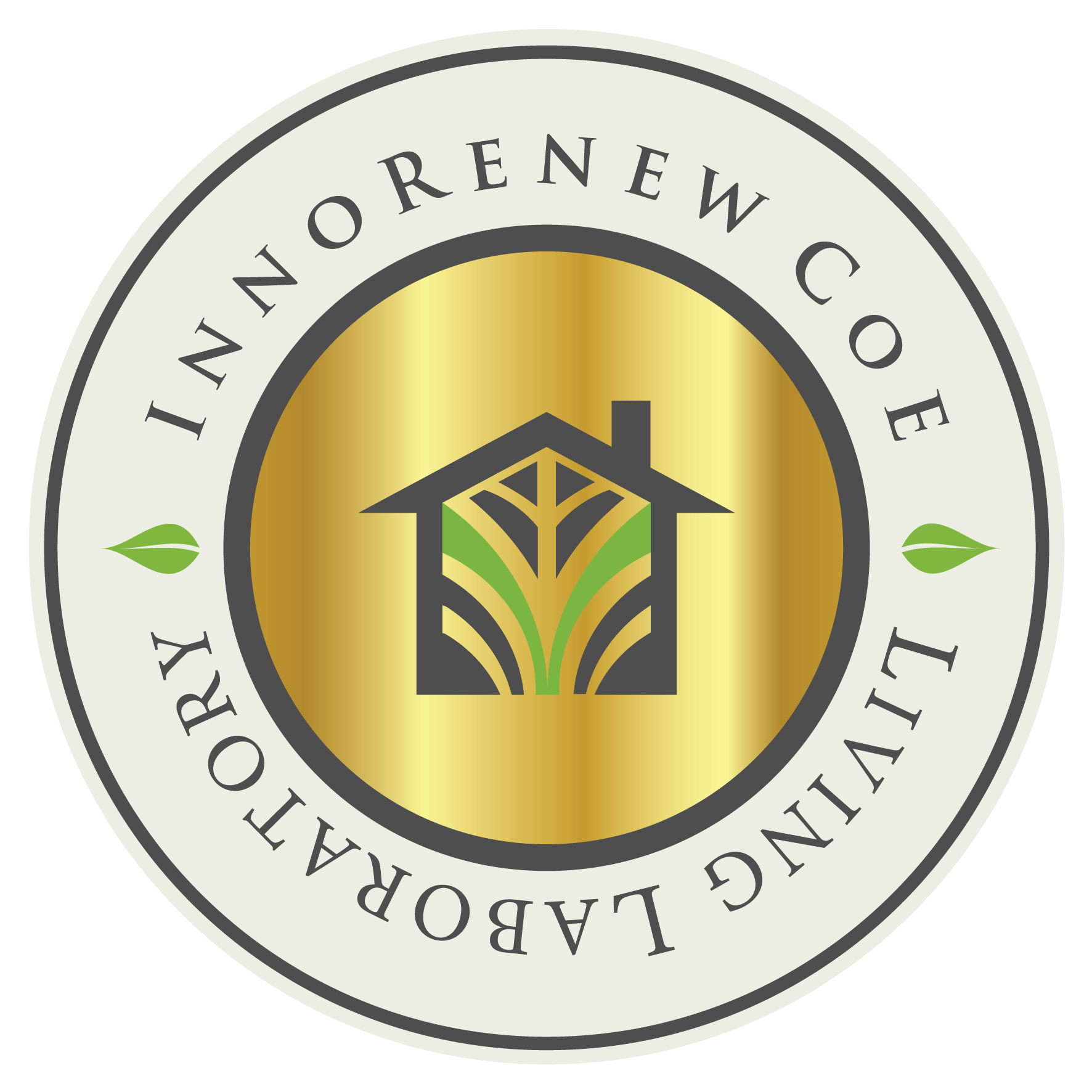STEP CHANGE
natisniPredstavitev projekta
Naslov: Science Transformation in EuroPe through Citizens involvement in HeAlth, coNservation and enerGy rEsearch
Akronim: STEP CHANGE
Oznaka projekta:
Spletna stran: https://cordis.europa.eu/project/id/101006386
Koordinator (vodilni partner): UP FAMNIT
Partnerske institucije:
- CONOSCENZA E INNOVAZIONE Srls (Italy),
- OXFORD UNIVERSITY HOSPITALS NHS FOUNDATION TRUST, NATIONAL INSTITUTE FOR HEALTH RESEARCH OXFORD BIOMEDICAL RESEARCH CENTRE (United Kingdom),
- WOMEN ENGAGE FOR A COMMON FUTURE EV (Germany),
- EUROPEAN SCIENCE ENGAGEMENT ASSOCIATION (Austria),
- SCIENCE FOR CHANGE, SL (Spain),
- AARHUS UNIVERSITET (Denmark),
- UNIVERSITA DEGLI STUDI DI ROMA TOR VERGATA, DEPARTMENT OF BIOLOGY (Italy),
- ZENTRUM FUR SOZIALE INNOVATION GMBH (Austria),
- ACTION FOR RURAL WOMEN'S EMPOWERMENT (Uganda),
- VEREIN DER EUROPAEISCHEN BURGERWISSENSCHAFTEN E.V (Germany)
Vodja projekta na UP FAMNIT: prof. dr. Elena Bužan
Financer projekta: Evropska komisija, Program Horizon 2020
Spletna stran:
Raziskovalno področje (ARRS): -
Trajanje projekta: 1. 3. 2021 - 30. 4. 2024
Project presentationna vrh
Title: Science Transformation in EuroPe through Citizens involvement in HeAlth, coNservation and enerGy rEsearch
Project acronym: STEP CHANGE
Project code:
Web page: https://cordis.europa.eu/project/id/101006386
Leading institution: UP FAMNIT
Partner institutions:
- CONOSCENZA E INNOVAZIONE Srls (Italy),
- OXFORD UNIVERSITY HOSPITALS NHS FOUNDATION TRUST, NATIONAL INSTITUTE FOR HEALTH RESEARCH OXFORD BIOMEDICAL RESEARCH CENTRE (United Kingdom),
- WOMEN ENGAGE FOR A COMMON FUTURE EV (Germany),
- EUROPEAN SCIENCE ENGAGEMENT ASSOCIATION (Austria),
- SCIENCE FOR CHANGE, SL (Spain),
- AARHUS UNIVERSITET (Denmark),
- UNIVERSITA DEGLI STUDI DI ROMA TOR VERGATA, DEPARTMENT OF BIOLOGY (Italy),
- ZENTRUM FUR SOZIALE INNOVATION GMBH (Austria),
- ACTION FOR RURAL WOMEN'S EMPOWERMENT (Uganda),
- VEREIN DER EUROPAEISCHEN BURGERWISSENSCHAFTEN E.V (Germany)
Principal investigator at UP FAMNIT: Full Prof. Dr. Elena Bužan
Funding organization: European Commission, Horiozon 2020 Programme
Web page:
Research field (SRA): -
Duration: 1. 3. 2021 - 30. 4. 2024
Description:
STEP CHANGE (Science Transformation in EuroPe through Citizens involvement in HeAlth, coNservation and enerGy rEsearch) replies to the H2020 Topic SwafS 27 on “Hands-on citizen science and frugal innovation”, Sub-topic A, citizen science. The project, coordinated by the University of Primorska, is based on the assumption that citizen science (CS) can play an even broader societal and scientific role than it is generally acknowledged, particularly in those critical fields of research (like Energy, Health and the Environment) where human and non-human factors are deeply entangled. In these areas, a set of highly-contested, socially relevant research fields is emerging where CS can play a pivotal role by making science more socially robust, inclusive and democratic while strengthening the capacity of scientific investigation over emerging phenomena that cannot be easily caught within narrow disciplinary boundaries. Then, STEP CHANGE was designed to contribute to making the most of CS potentialities, while at the same time identifying, analysing, and tackling such limitations and risks. In this regard, STEP-CHANGE is based on the implementation of five Citizen Science Initiatives (CSIs) in the areas of Energy, Environment, Health and Infectious Diseases, through the participatory and self-reflexive analysis and evaluation of their collaborative research processes, scientific outcomes and societal impacts. The CSIs regard: 1) wildlife conservation in Slovenia (UP); 2) non-alcoholic fatty liver disease in the UK (NIHR); 3); energy communities in Germany (WECF); 4) infectious disease outbreak preparedness in Italy (UNITOV); 5) off-grid renewable energy in agriculture in Uganda (ARUWE). Horizontal activities are also foreseen: Scoping process (SfC), Participatory evaluation (K&I, AU), Mutual learning and training (ZSI); Stocktaking (ECSA) and Communication (EUSEA). The consortium is geographically balanced and formed by 11 partners from 7 European countries and Uganda.










